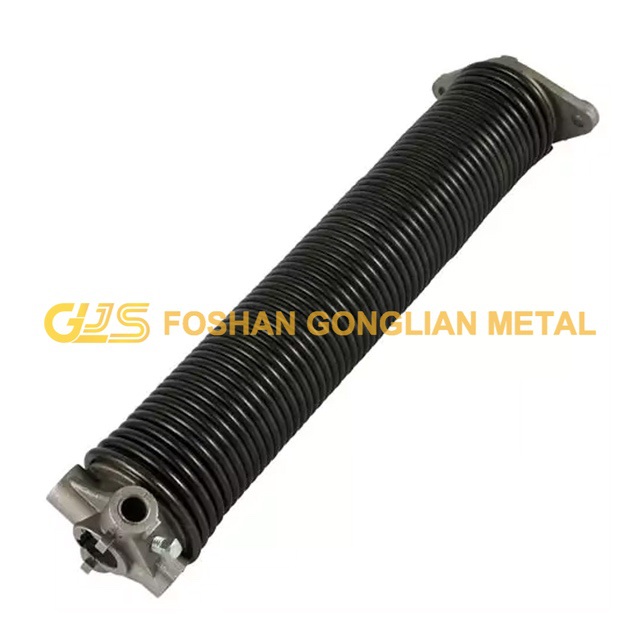A garage door spring is a long metal coil extended or tightly wound to counteract a garage door’s weight. They are either an extension or torsion spring, and their design allows individuals to close or open the door on command. Garage door springs play a vital role in how a garage door functions.
For instance, they provide the necessary tension to lower or lift the garage door. Thus, many factors go into designing and choosing a good garage door spring, including the spring’s diameter. A garage door spring’s diameter determines its effectiveness and strength.
Springs with a small diameter are ineffective when paired with heavy doors because they aren’t strong enough to handle the door’s weight.
This causes the opener to struggle, potentially damaging other garage door components. Additionally, a spring with a diameter that’s too big may be too powerful, causing the system to strain.
The diameter of a garage door spring matters because of the:
Garage door weight
As mentioned earlier, choosing an appropriate garage door spring is essential, especially when you factor in the garage door’s weight. You should measure the door’s weight or consider what materials the door is made from, i.e., metal, wood, or fiberglass. Heavier doors will require springs with larger diameters.
Generally, garage doors weighing 200 pounds or less do better with springs with a 1’ diameter. You should use a spring with a 1.25” diameter for garage doors weighing between 200-300 pounds and 1.5’ for doors weighing 300-400 pounds. You should use a spring with a 1.75’ diameter if your door weighs over 400 pounds.
Garage door height
Finding the right garage door spring with the correct diameter is essential, especially if your door is tall. Tall doors require you to use springs with wider diameters because they provide sufficient tension since taller doors exert more weight. For instance, you should use a wider spring for 8’-tall doors than for 7’-tall doors, even if they weigh the same. Shorter doors do better with smaller springs.
Type of spring used
You should also consider the type of spring used when deciding what diameter will be efficient for your garage door. We stated earlier the two types of springs used when designing garage doors. These are torsion and extension springs. Individuals may choose to install a garage door spring designed with a smaller diameter if the door’s design requires you to install torsion springs.
Note that extension springs are not as reliable as torsion springs since they have a low tensile strength. Thus, if your garage door design requires you to use extension springs, opt for ones with a bigger diameter because they’ll provide enough tension to handle the door’s weight.
Conclusion: Does the diameter of a garage door spring matter?
The diameter of a garage door spring depends on the abovementioned factors. Check with a professional to determine which spring diameter will work best for your garage door. Or you could calculate the amount of tension a particular spring provides, compare it with your garage door’s weight, and determine how well it works.
Please Note: This post is published to support the industry. We at The Business Goals have no affiliation with or getting any money from the supplier.

















